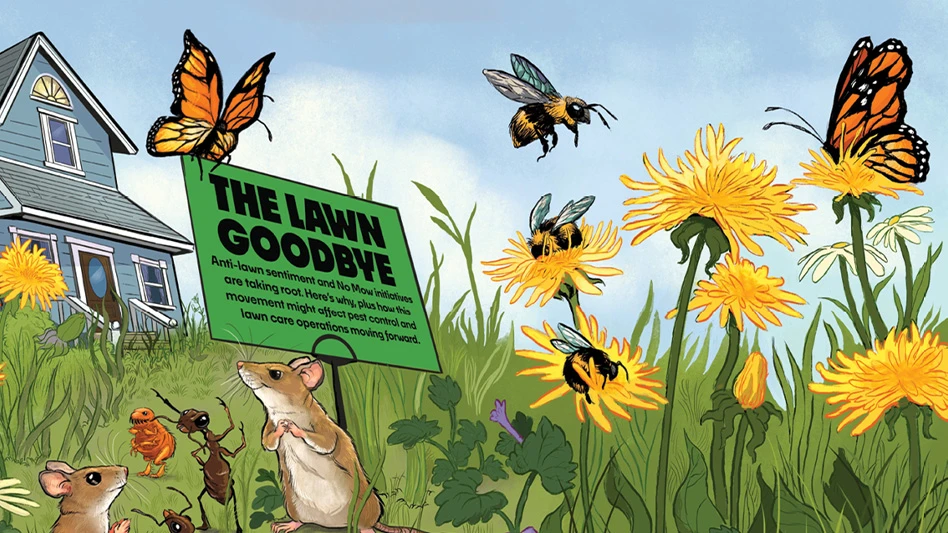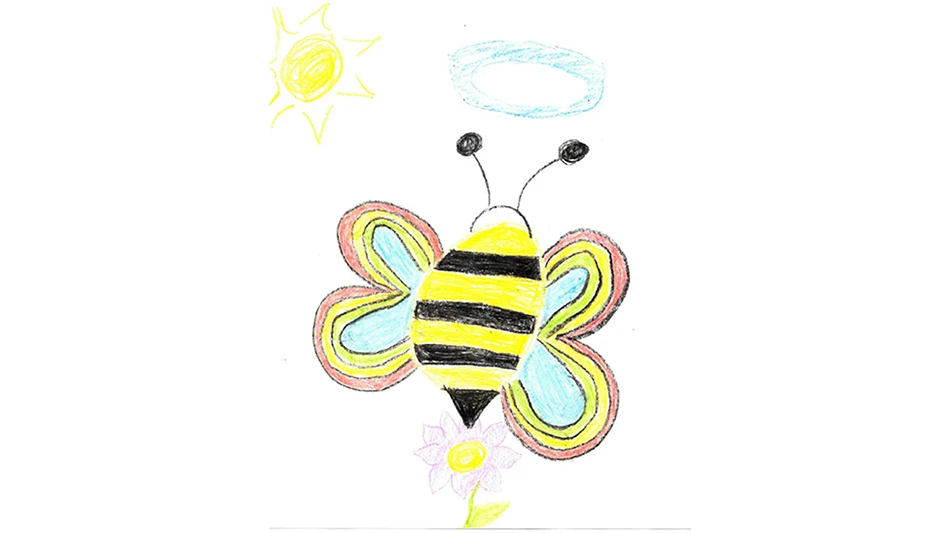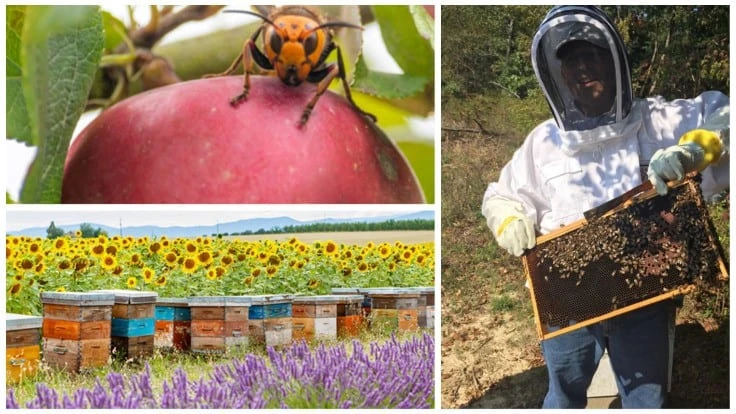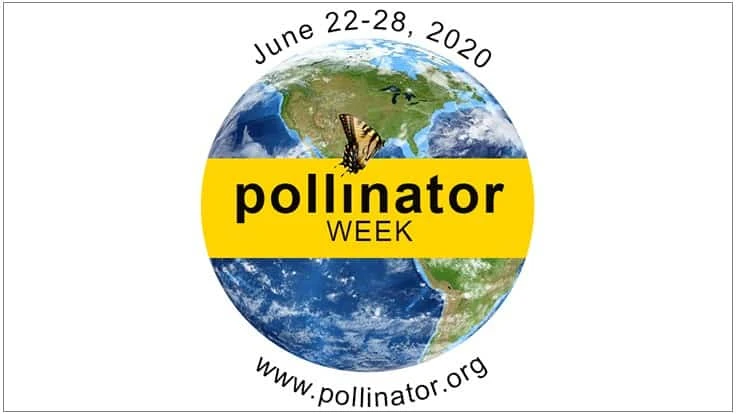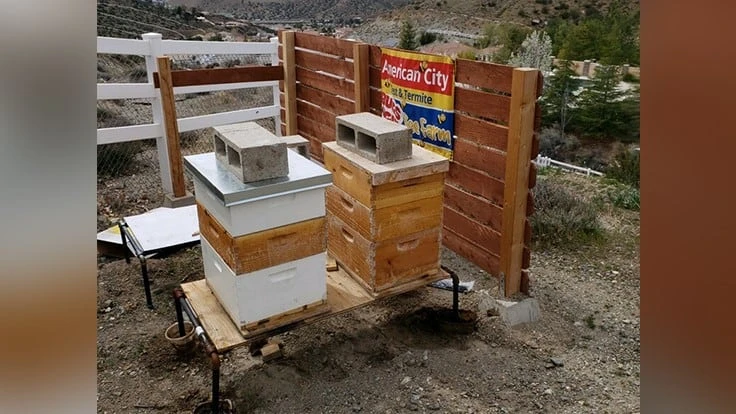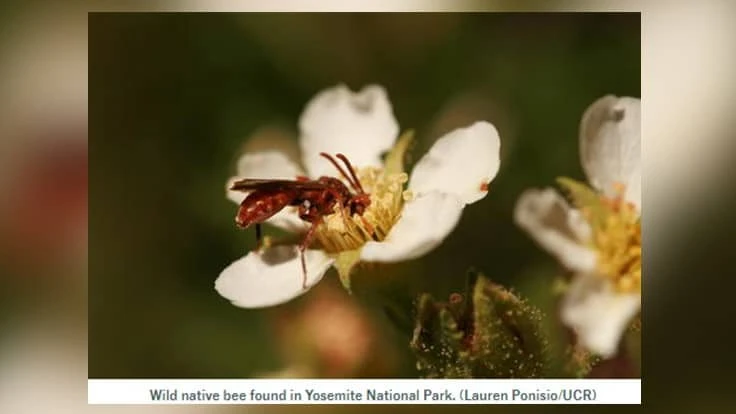Pollinator Protection

Mega Bee's Navarro on Pest Control, Agriculture Relationships
Jean-Loui Navarro, president of Mega Bee Rescues, Miami, Fla., works with pest management professionals to safely remove beehives from a home or commercial building, also providing education to other pest control companies on the importance of keeping bee populations safe and thriving for a well-rounded environment.
More in Pollinator Protection
USDA APHIS Working to Protect Pollinator Health
The Plant Protection Act (PPA) authorizes USDA APHIS to regulate direct and indirect plant pests, a critical responsibility when it comes to pollinators.
An Integrated Approach to Mosquito Management
An IPM strategy for mosquitoes relies not only on reducing the adult population, but also by reducing the overall reproductive success of the pest.
Scientists Developing New Solutions for Honeybee Colony Collapse
To boost dwindling honeybee populations, the University of California’s Office of the President has awarded $900,000 to a four-campus network of bee researchers and engineers.
EPA Celebrates National Pollinator Week
The Environmental Protection Agency renewed its MOU between EPA and the Pollinator Partnership as part of its ongoing work to protect pollinator habitats.
UCR Answers Everything You’ve Ever Wanted to Know About Bees
In recognition of World Bee Day (May 20) UC Riverside’s top bee experts answered questions submitted on its Instagram page.
American City Pest & Termite Builds Apiary
The California firm established, built and funded the maintenance of an apiary in Acton, Calif., they named Bugs Ugh Bee Farm.
News Accounts Exaggerate Asian Giant Hornet Threat, UCR Expert Says
Though “murder hornets” are dominating recent headlines, there are no Asian Giant Hornets currently known to be living in the U.S. or Canada, according to UC Riverside Entomology Research Museum Senior Scientist Doug Yanega.
Study Finds Natural Fires Help Native Bees, Improve Food Security
UCR researchers found that bees are better able to survive harsh climate events, like drought, in areas where naturally occurring fires are allowed to burn.


